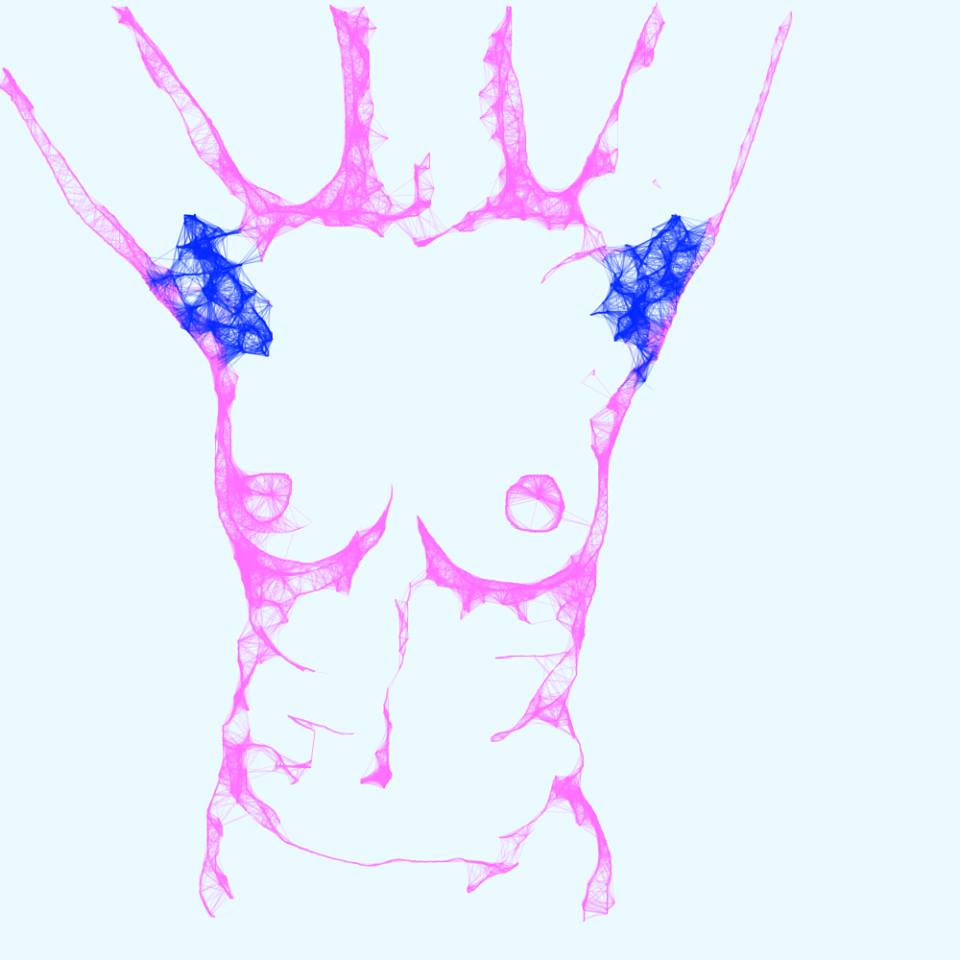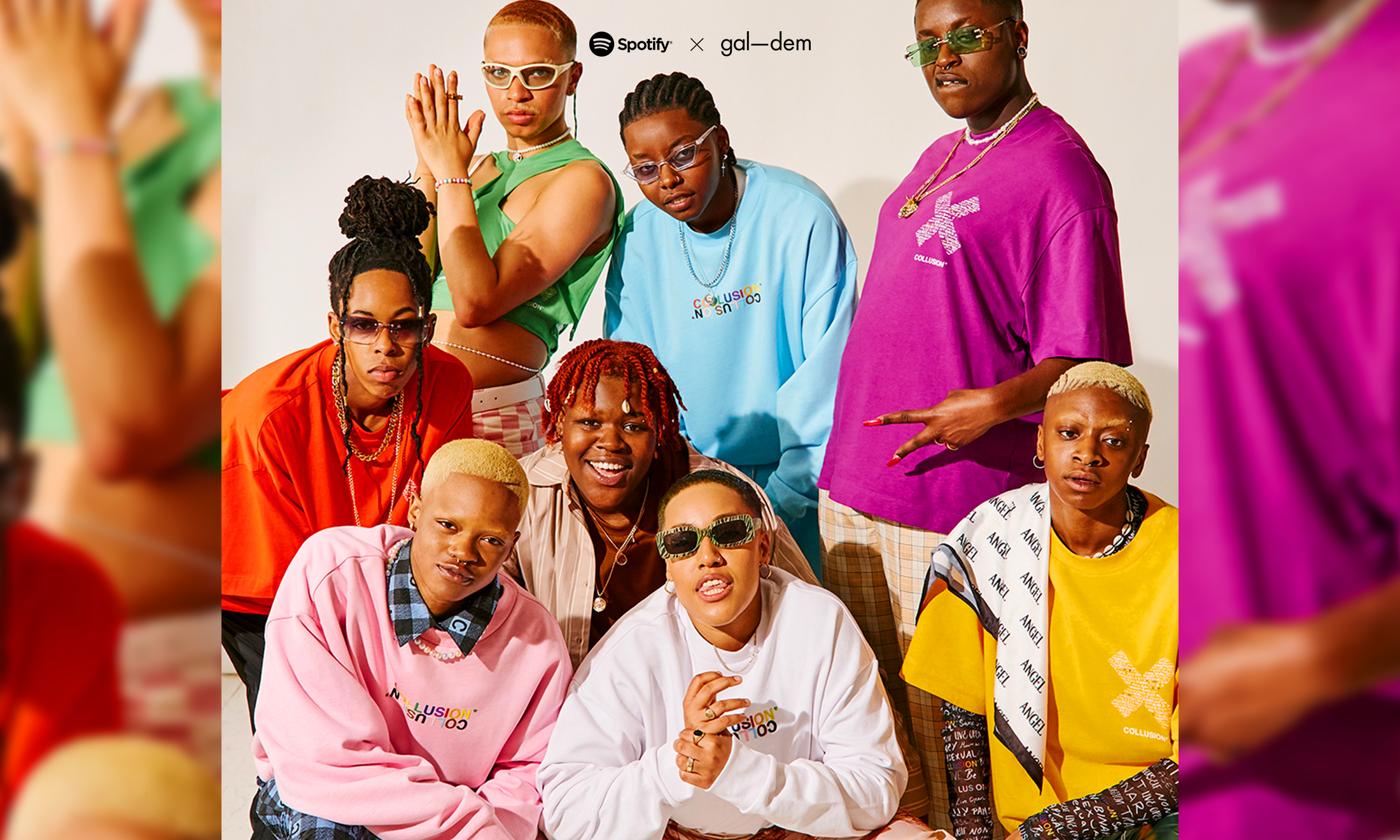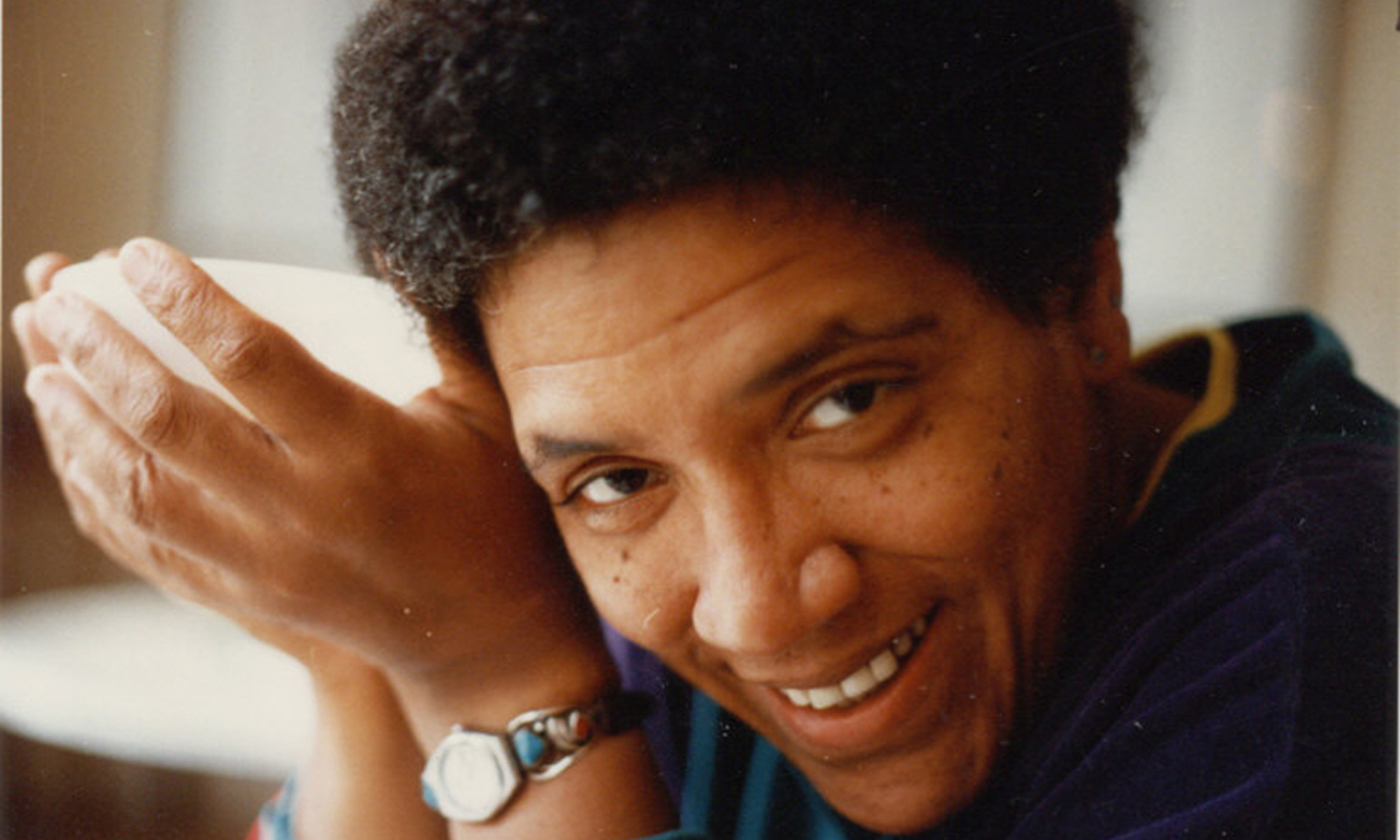
When I was 15, one of my friends pulled up her pants and said, “My legs are disgusting! I haven’t shaved since the last time I wore shorts!” Two other (white) girls also exposed their legs and lamented about how lazy they were to shave in the winter. I left the room pretending to go to the bathroom, because I didn’t want to pull up my pants. Because, even though I didn’t shave in the winter either, my body hair was coarse and dark, not the blonde barely-there peach fuzz that my friends were boasting about.
Last year, when I was asked by a white female friend why I shaved, I said, “Because of the patriarchy.” I did and still do firmly believe that the hair removal industry is a product of capitalist patriarchy created to hold women subservient by preoccupying them with expensive, time-consuming, unintelligent and repetitive beauty procedures. I was also aware that women did not shave until 1915, when Gillette introduced a line for women’s razor. I just couldn’t bring myself to act on these convictions and bid farewell to the razor. As my friend went on about her hairy pits, I thought to myself, “Also, my hair is darker.” But I didn’t think too much about it.
I stopped shaving soon after and I do not consider myself morally superior to women that do shave. That’s not because I believe every choice that a woman makes is necessarily a feminist one, because our choices are not made in a vacuum outside the patriarchy. It’s because I believe that the patriarchy is to blame for women’s patriarchal socialization, not women themselves.
It is liberating to not adhere to demands of gender and escape the male gaze I have been taught I should be pursuing all my life. There was no point in stripping my otherwise-perfect body of its natural form because porn culture had shown the men I was planning to sleep with what a “real woman” looks like. With looking less desirable to the male gaze came less up-and-down stares from men and less catcalls, and while that definitely was not “liberating” me from the patriarchy, it was giving me a break from some aspects of it.
Last summer, after Miley Cyrus and other white girls emerged with visible but barely-there patches of hair on their pits as the epitome of feminism, I knew something wasn’t right. I mean, if I was to follow Miley’s lead to dye my underarm hair pink and purple and green, I probably would have needed to bleach it first. But it seems like white women are always praised once they go after characteristics that are associated with women of colour, and this time it is hairiness.
Body hair is something women of colour in western societies are taught to be shameful of from a young age. It seems hairiness is now a symbol of emancipation while hairy bodies of colour are still deemed savage. Where was hair feminism when we were ashamed of our legs in PE? Where was the full eyebrow trend when so many of us were humiliated for our uni and thick brows, by girls with brows so bright you couldn’t even tell where their skin started? Is there any surprise when the entire focus of this whole “hair is rad” movement is on legs and pits when many women and femmes of colour have visible hair growth on their chest, toes, upper lip, chin, around their belly button?
I know women of colour that wear long sleeves to avoid the embarrassment of hairy arms. I know women of colour that can’t look at the mirror at themselves because the sight of hair on their body is a reminder of all the years they have been bullied for existing. And I know so many women of colour that are expected to get over their shame and trauma to get rid of the razor the minute white feminism decided to reclaim the hair.
In “rad” spaces, hairless pits are the anomaly, and sometimes it seems like there’s an assumption that women of colour who do remove their body hair are somehow less aware of oppression. “I developed a habit of doing my eyebrows before y’all went through puberty because I was bullied,” a friend told me, “and now it’s a pleasant thing I like to do.”
These double standards are not just about women. Men in communities of colour are afraid of growing out their beard for religious and cultural purposes lest they be branded a terrorist, lest they become subjected to more racial violence and reinforce harmful stereotypes about their communities. But man buns and beards are all the rage for the modern, edgy, white man.
If you are a white woman that doesn’t shave, I would like to remind you that your ability to be hairy is surely a result of you challenging the patriarchy, but it is also a privilege of your white skin. Femininity has been denied to women of colour of different ethnicities in different ways. Women of colour have been seen as unwomanly, dirty, either hypersexualized or desexualized. White bodies, white features, lighter shades of skin constantly set impossible standards for what women of colour are supposed to aspire to.
Whereas women of colour are shamed throughout their life for their bodies, you are always seen as dainty, fair, soft, vulnerable, sweet, womanly. And even if at some point you do decide to challenge these norms by not shaving, you always have the privilege of fitting back into the “norm”.
You never spent years wondering if all your actions were to be seen as part of who you are as a wider culture of the unenlightened cheap camel jockeys and towel-heads. You never have to worry about “dirty Arab” and “smelly Indian” stereotypes, and have never been forced to walk an impossible line between “prudish Muslim” and “high maintenance Persian girl”. For many women of colour in activist communities that do remove their body hair, shaving is survival.
So if you’re a woman of colour that is too ashamed, too traumatized, of being made to feel undesirable, know that your feminism is valid. You body is valid, your desire to not create more stereotypes for your community is valid, your need to escape racial violence is valid. And if any white feminist tells you that you should practice “body acceptance”, that you need to raise your “feminist consciousness”, forcing you to pick allegiances between your gender and race, know that they are not your ally, know that their mere “acceptance” won’t change anything because it is not your body that is the problem but the norms of this society that are based on your erasure. As a wonderful woman of colour once told me, “I’m here for woman of colour that wax, thread, laser, shave all damn day… white women will never know that trauma.”









